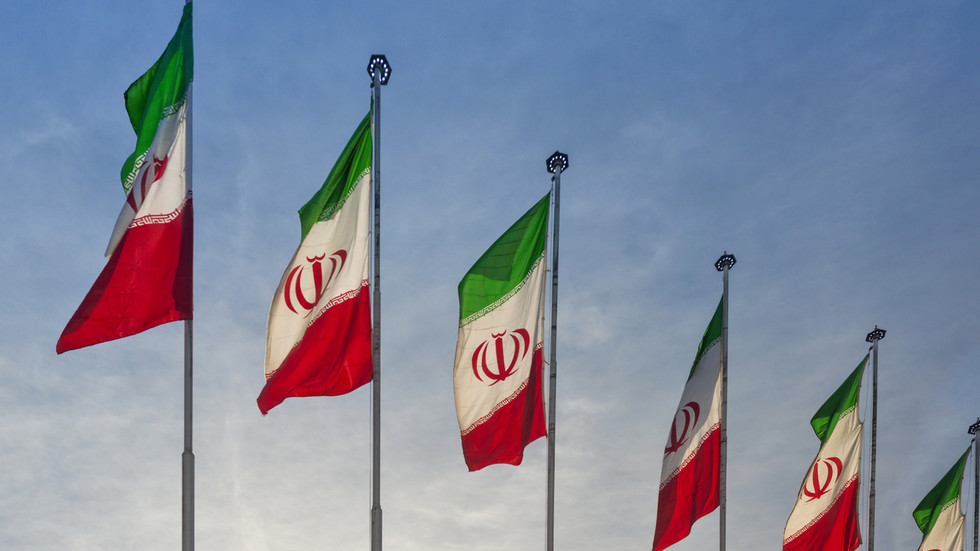Tensions between Iran and Israel have reached alarming levels, with Iran signaling its readiness to defend itself against any potential attacks, particularly concerning its oil and nuclear facilities. A source in Tehran informed RT that Iran is fully prepared to retaliate in a proportional manner should Israel initiate any form of aggression. The Iranian response will align with both domestic regulations and international norms, suggesting a calculated approach to retaliation. For instance, if Israel targets Iran’s oil infrastructure, Tehran has vowed to respond by striking three key oil refineries within Israel. Similarly, any attacks on nuclear or other critical infrastructure will prompt retaliatory actions aimed at the corresponding facilities in Israel. Such preemptive declarations set the stage for a heightened state of military readiness and prompt a reevaluation of defense strategies in both countries.
The fear of a potential Israeli offensive against Iran has intensified following Iran’s recent show of military capability, highlighted by a significant ballistic missile launch against Israel on October 1. Iran characterized this missile strike as a direct response to the killings of prominent figures linked to Palestinian and Hezbollah organizations, such as Ismail Haniyeh and Hassan Nasrallah. These targeted strikes underline Iran’s commitment to avenging perceived aggressions, thereby escalating the cycle of retaliation that characterizes the ongoing conflict between these regional powers. Iran’s warnings to Israel are stern, suggesting that any retaliatory actions taken by Israel could lead to a further exchange of hostilities, indicating a volatile situation that risks spiraling out of control.
In response to Iran’s missile attack, Israeli officials have vowed a fierce and decisive reaction, as articulated by Israeli Defense Minister Yoav Gallant. He characterized Iran’s missile strike as “aggressive but inaccurate,” implying that while the attack showcased military capability, it lacked precision and effectiveness. Gallant’s rhetoric suggests that Israel is formulating a strategy that emphasizes surprise and accuracy in its counterattacks, aiming for a decisive response that would leave Iran reeling. This pursuit of military superiority emphasizes Israel’s commitment to national security and its determination to deter any future Iranian aggressions through a military doctrine that prioritizes swift and effective conflict resolution.
Furthermore, the dialogue surrounding the conflict is increasingly framed by notions of civilian safety and the ethical implications of military action. In particular, the prospect of civilian casualties has been highlighted by Tehran, which warned that any attacks resulting in harm to civilians would necessitate a revision of its nuclear doctrine. This adjustment hints at a potential escalation in military posture and strategy play, reflecting an adaptation to the complexities involved in modern warfare, where civilian lives are often at risk. The emphasis on civilian harm serves not just as a moral consideration but as a strategic calculation by both sides as they navigate the conflict’s dangerous terrain.
The ongoing conflict between Iran and Israel is deeply entwined in a broader geopolitical context, shaped by alliances and enmities across the Middle East. Both nations occupy pivotal roles, with Iran being a significant supporter of groups like Hamas and Hezbollah, while Israel has historically positioned itself as a defender against Iranian influence in the region. The interplay of these alliances, characterized by mutual distrust and animosity, serves to exacerbate existing tensions and encourages a cycle of provocations and retaliations. As both nations continue to showcase military capabilities and assert their readiness to defend national interests, the regional landscape risks further destabilization, with far-reaching implications for global peace and security.
In conclusion, the escalating hostilities between Iran and Israel present a complex challenge, characterized by threats, military posturing, and a precarious balance of power. Both nations have engaged in a rhetorical exchange that signals their unwillingness to back down, elevating the risk of a larger conflict that could draw in multiple stakeholders in the Middle East. The focus on proportional responses and the implications of civilian harm further complicate an already tense situation, where actions taken by either side could instigate a rapid escalation. As the world watches these developments, the potential for diplomacy becomes increasingly important, serving as a crucial element in preventing further deterioration of relations and the specter of war in the region.

